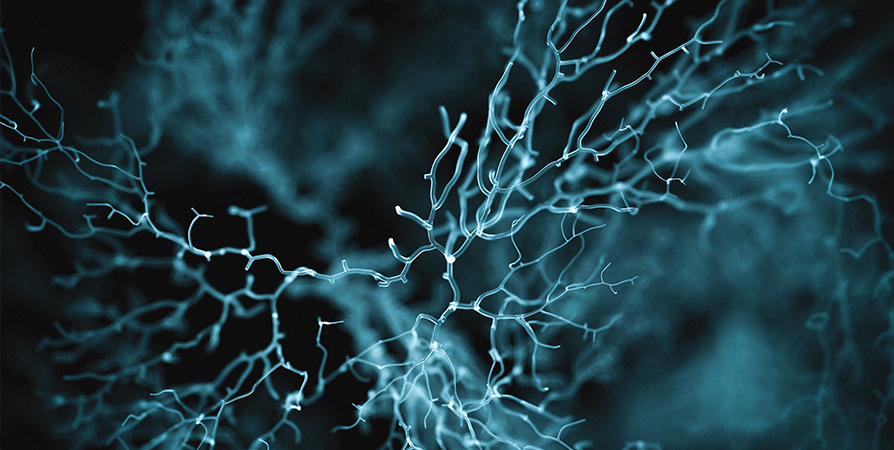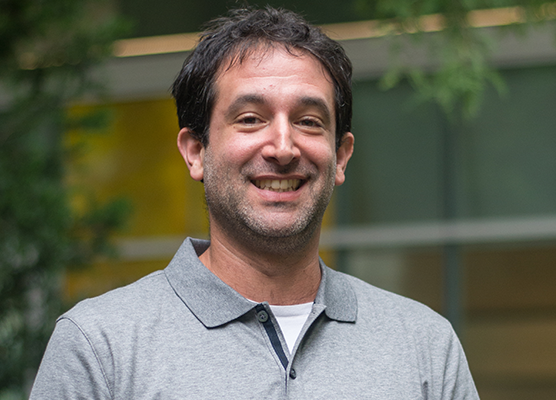
About the Online Neuroscience Certificate
Understanding the intricate correlations between neural mechanisms and behavior is an important area of contemporary scientific research. The online Certificate in Neuroscience allows you to explore biological, psychological, and clinical approaches to understand the nervous system as the biological basis of behavior. Classes cover topics in neurochemistry, neuroendocrinology, and pharmacology to gain deeper insight into behavior, focusing on areas including perception, social behavior, mental health, and the effect of drugs on the function of the central nervous system.
Neuroscience Certificate Requirements
- The Certificate in Neuroscience is a 4-course, 4 c.u.* credit program of study.
- To earn a certificate, students first complete NEUR 1000: Introduction to Neuroscience, followed by any three neuroscience courses. See courses below.
- Students who complete the basic online certificate may pursue an advanced certificate (6-course, 6 c.u.) by adding two additional neuroscience courses.
Flexible Course Schedule and Tuition
Penn LPS Online courses in the Certificate in Neuroscience are offered on an accelerated (8-week) schedule. Courses in the online certificate program are largely asynchronous with some optional synchronous sessions to be scheduled by the instructors. All Penn LPS Online courses are taught at the undergraduate level by Penn instructors.
You have the option to enroll in individual neuroscience courses without committing to the entire online certificate, enjoying the flexibility and expertise offered by Penn LPS Online to suit your schedule and interests. Visit the Cost of Attendance page for course tuition and fee rates. Certificate students and individual course takers must first complete NEUR 1000: Introduction to Neuroscience before enrolling in additional neuroscience courses. Read more about the required neuroscience learning assessment for this course on the NEUR 1000 course page.
Watch a video of a recent virtual information session to hear from the program team about the Certificate in Neuroscience.
If you are having trouble viewing this video, watch it on YouTube.
Watch Mini Lesson: Neuroscience Certificate Spotlight: The program team and Neuroscience Certificate faculty, Dr. Michael Kane, present a quick lecture about the functional neuroanatomy of the human brain, an overview of the Neuroscience Certificate, and Q&A from session participants.
If you are having trouble viewing this video, watch it on YouTube.
*Academic credit is defined by the University of Pennsylvania as a course unit (c.u.). A course unit (c.u.) is a general measure of academic work over a period of time, typically a term (semester or summer). A c.u. (or a fraction of a c.u.) represents different types of academic work across different types of academic programs and is the basic unit of progress toward a degree. One c.u. is usually converted to a four-semester-hour course.
The Certificate in Neuroscience prepares you to:
- Describe the structure and function of the vertebrate nervous system and its application to the neurobiology of behavior
- Understand the structures and functions of neurochemicals that are generated by and modulate the nervous system
- Examine the various roles played by the nervous and endocrine systems in controlling physiological and behavioral processes, with a focus on sexual and parental behaviors, aggression, and ingestion
- Learn about the mechanism by which drugs can influence the functioning of the central nervous system and the effect of drug actions both in the central nervous system and in the periphery
- Critically evaluate research strategies and hypotheses in neuroanatomy, neurophysiology, neurochemistry, and neuropharmacology to understand psychiatric disorders from a biological perspective
Online Neuroscience Courses
Certificate students and individual course takers must first complete NEUR 1000: Introduction to Neuroscience before enrolling in additional neuroscience courses. When you register for NEUR 1000, you are automatically enrolled in a neuroscience learning assessment to gauge your prior knowledge of biology and chemistry and help prepare you for the course.
Certificate students must first complete NEUR 1000: Introduction to Neuroscience, followed by any three neuroscience courses. Students who complete the basic online certificate may pursue an advanced certificate by adding two additional neuroscience courses.
- NEUR 1000: Introduction to Neuroscience (required first course)
- NEUR 1600: The Neuroscience of Music
- NEUR 2000: Behavioral Neuroscience
- NEUR 2400: Neurobiology of Learning and Memory
- NEUR 2800: Autonomic Pharmacology
- NEUR 4000: Psychopharmacology
Courses are subject to change.
Meet the Faculty
Careers related to Neuroscience
The skills gained in the study of neuroscience are applicable to a variety of career environments including healthcare, research, educational, pharmaceutical, and clinical settings. Career options include:
- Hospital administrator
- Lobbyist
- Management consultant
- Medical records manager
- Research coordinator





